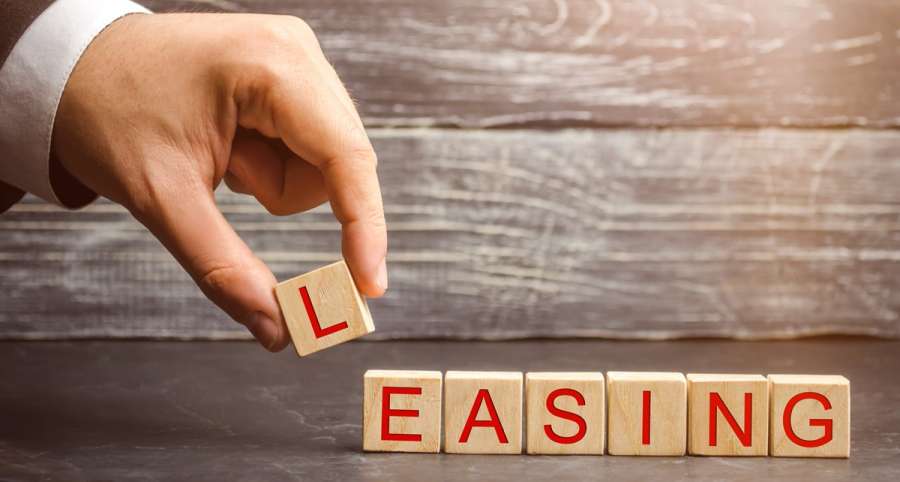Key Lease Provisions
Commercial leases are complex legal documents that outline the terms and conditions of a tenancy agreement between a landlord and a tenant. Key provisions typically include:
- Lease Term: The duration of the lease agreement, which can range from short-term to long-term leases.
- Rent Amount and Payment Schedule: The amount of rent payable, the payment schedule (e.g., monthly, quarterly), and any applicable rent escalations.
- Use of Premises: The permitted uses of the leased premises, which may be restricted to specific business activities.
- Maintenance and Repairs: Responsibilities for maintaining the property, including common areas, structural repairs, and tenant improvements.
- Utilities: Responsibilities for paying utilities such as electricity, water, gas, and internet.
- Insurance: Insurance requirements for both the landlord and tenant, including property insurance and liability insurance.
- Default and Remedies: Provisions outlining the consequences of default by either party, such as late rent payments or breach of contract.
- Renewal Options: Options for renewing the lease at the end of the term, including renewal terms and rent adjustments.
Negotiation and Drafting
Negotiating the terms of a commercial leases is crucial for both landlords and tenants. It’s advisable to consult with legal counsel to review and negotiate the lease agreement.
Tenant Improvements
Tenants may be responsible for making tenant improvements to the leased premises, such as renovations, alterations, or installations. These improvements should be carefully documented and may be subject to specific regulations and restrictions.
Assignment and Subleasing
Leases often contain provisions regarding the tenant’s ability to assign or sublease the premises. These provisions may require the landlord’s consent and may be subject to certain conditions.
Dispute Resolution
Disputes between landlords and tenants can arise regarding various lease provisions. It’s important to have a clear understanding of the dispute resolution process outlined in the lease agreement, which may include mediation or arbitration.
Understanding the terms of a commercial lease is crucial for both landlords and tenants. By carefully reviewing the lease agreement, negotiating key provisions, and seeking legal counsel when necessary, you can ensure a successful and mutually beneficial tenancy.
Additional Considerations
- Local Laws and Regulations: Be aware of local zoning laws, building codes, and other regulations that may affect the property.
- Environmental Concerns: Consider any environmental issues that may affect the property, such as hazardous materials or environmental regulations.
- Insurance Requirements: Ensure that you have adequate insurance coverage to protect yourself from potential risks.
- Communication and Relationship Building: Maintaining open and respectful communication with the landlord is essential for a successful tenancy.
By carefully considering these factors and seeking professional guidance when needed, you can navigate the complexities of commercial leases and ensure a successful and productive tenancy.
